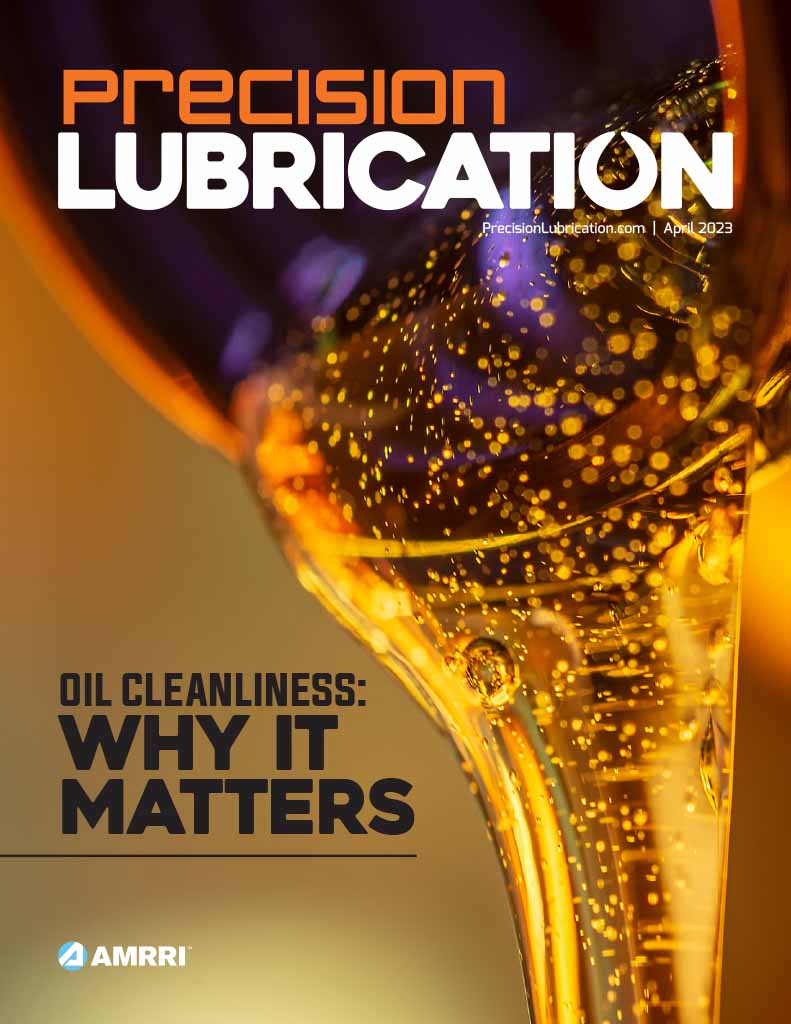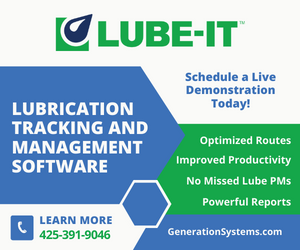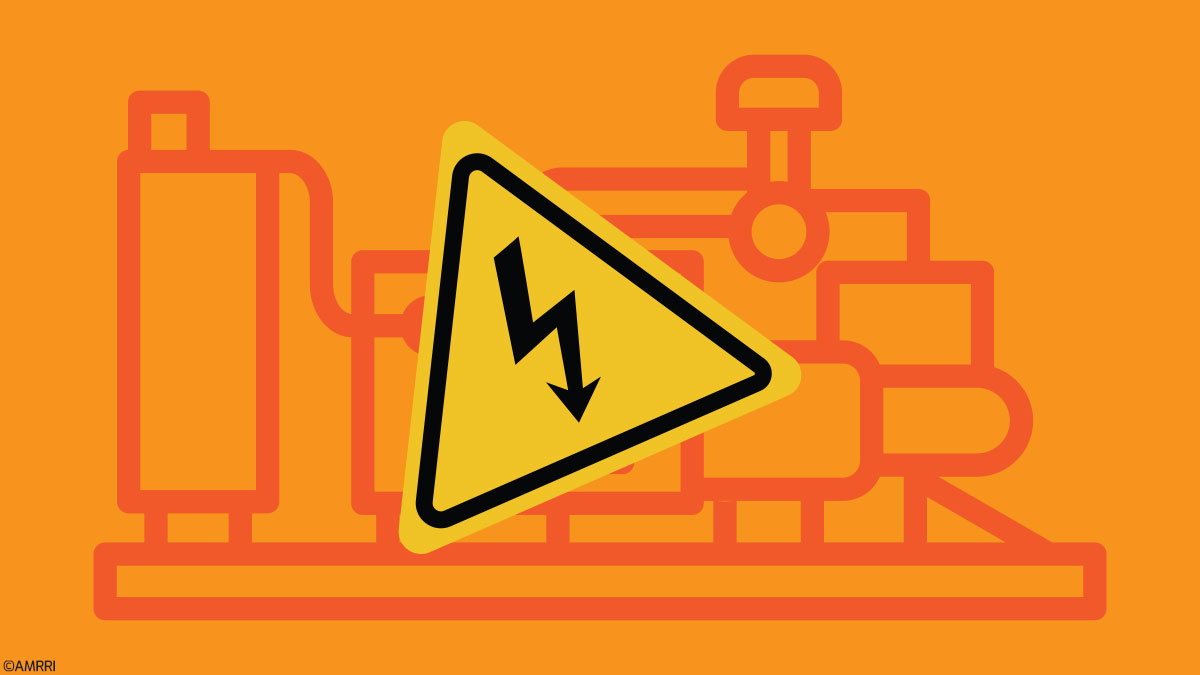Welcome to Precision Spotlight, our fresh Q&A series in which we spotlight industry professionals and delve into their insights and experiences in the world of lubrication. In this Precision Spotlight, we interview Scott Selting, one of our Editorial Advisory Board Members.
What is a regular day like for you in your role?
A regular day for me is typically very busy. My morning often starts by reviewing the previous day’s trends and continuous monitoring systems, looking for anything others need to know. If all is well, I ensure the Reliability team has the information they need to support any upcoming maintenance work or shutdown preparation. The remainder of my time is spent on various reliability improvement projects. Working on reliability improvement projects is not only the most rewarding but also the most challenging part of my job.
What has been the most important innovation in lubrication recently?
I think the most important recent innovation is the growth of lubricant continuous monitoring technology. The ability to monitor oil particle count, moisture level, temperature, and vibration levels on our most critical equipment is very valuable. Often, this allows us to respond to issues much sooner so they can be resolved before failure, greatly reducing equipment wear and damage.
How do environmental concerns factor into your work, and what steps are you taking to address them?
Environmental concerns have obviously been a part of the lubrication field for a long time, but the past has primarily focused on spill prevention and leak management. The future will likely include documenting the Carbon Footprint reduction due to less oil consumption from oil analysis vs. replacing the oil.
The environmental benefits of extending the life of manufacturing equipment 2-5 X are the most significant opportunity. Replacing pumps, motors, and gearboxes due to less-than-ideal lubrication has a negative impact on Safety, the environment, and profit.
What advice would you give someone starting their career in this field?
I would assure them that a career in this field will be in high demand for years to come. A few examples:
- Keeping our lubricants “Clean, Cool, and Dry” requires endless work. This sounds simple, but as oil/grease analysis programs mature, they quickly reveal how challenging it is to accomplish.
- There are endless opportunities using lubrication as a predictive maintenance tool that can bring as much value as vibration analysis.
- Also, optimizing and documenting a lubrication program to reduce waste, heat, wear, contamination, and under/over-greasing issues requires time, dedication, and knowledge.
I would advise not to hesitate to reach out for help or training. The Lubrication field has so many leaders willing and able to share what they know. Precision Lubrication and its team are a great example of this.








